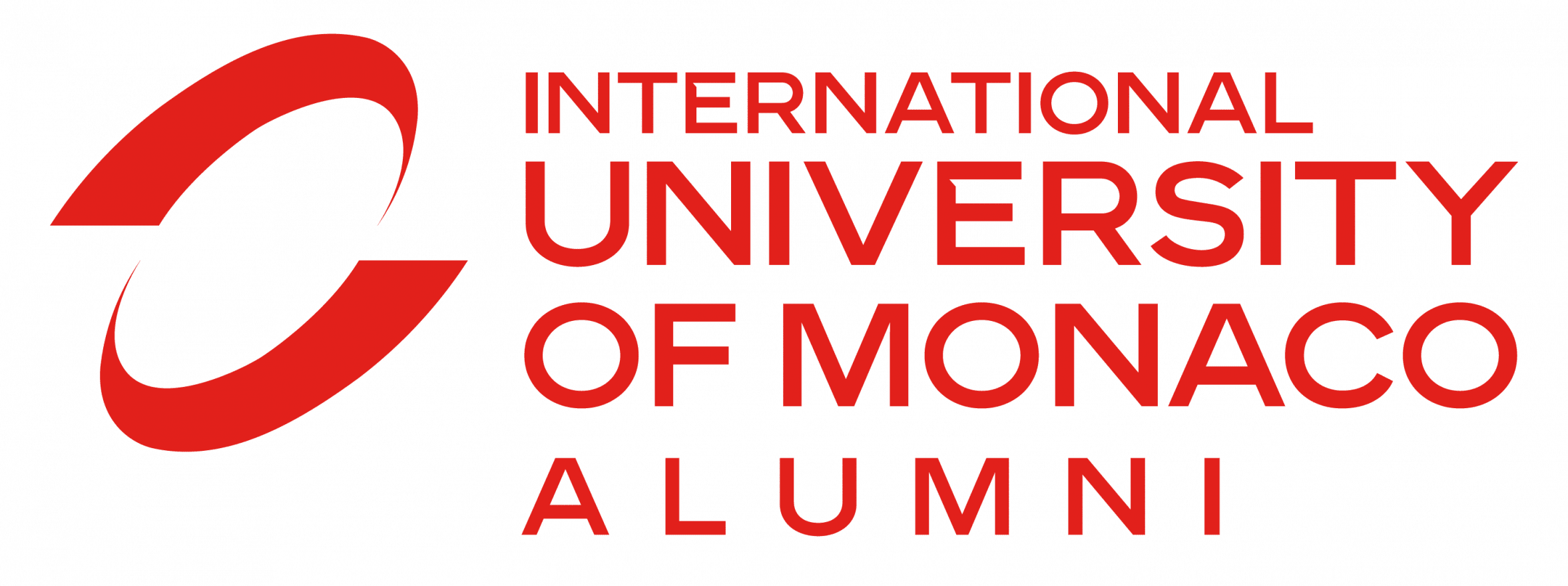Research Series #1: Organizational Citizenship Behaviors
Unraveling the relationship between role overload and organizational citizenship behavior: A test of mediating and moderating effects
By Francesco Montani
Employee voluntary altruistic or helpful acts enhancing the context of job performance, commonly called organizational citizenship behaviors, are recognized by scholars and practitioners as a key resource for organizational effectiveness. However, today’s employees are increasingly exposed to an excessive amount of role demands while having few resources available to meet them.
These premises point to the relevance of taking a closer look at this relationship by adopting an integrative approach that helps clarify how the potentially undermining effects of role overload are transmitted to organizational citizenship behaviors and under what conditions such negative effects can be attenuated.
Unravels the “How” and “When”
Addressing this issue, the article published in the European Management Journal by Prof. Francesco Montani and Prof. Dagenais-Desmarais, unravels the “how” and “when” of the role overload–organizational citizenship behaviors relationship.
Using data from 144 workers affiliated to various Canadian organizations, the authors found that role overload increased employees’ emotional exhaustion, which is the feeling of being emotionally overextended and drained by their work, which in turn reduced employee engagement in organizational citizenship behaviors. However, these detrimental consequences were significantly attenuated when supervisors provided extensive autonomy support to overloaded employees, that is when they provided such employees with choice and opportunities for self-direction, and emphasized the meaningfulness of their behaviors.
This protective function is explained by the fact that the supervisor, by enacting autonomy-supportive, enables employees to enact a broad range of active coping strategies (e.g., problem-solving, seeking advice and social support, and taking direct actions) that enhance their capacity to handle role overload effectively. This way, supervisors can protect employees against exhaustion and subsequent withdrawal from citizenship behaviors.
Practical Implications for Organizations
Considering that role overload is one of the most frequently experienced work stressors, the results of this study have important practical implications that help organizations implement improved stress management strategies.
First, our findings suggest that to diminish role overload, supervisors should take actions to minimize threatening job demands that drain employees’ energy.
Second, our results highlight that in order to decrease the risk of employee exhaustion and mobilize a workforce willing to engage in the organization’s success, managers should integrate autonomy-supportive behaviors in daily actions. Such managerial behaviors should entail understanding and acknowledging subordinates’ point of view, offering opportunities for choice and discretion, providing meaningful information, and fostering self-initiation.

Comments0
You don't have the right to access or add a comment. Please log in first.
Suggested Articles



